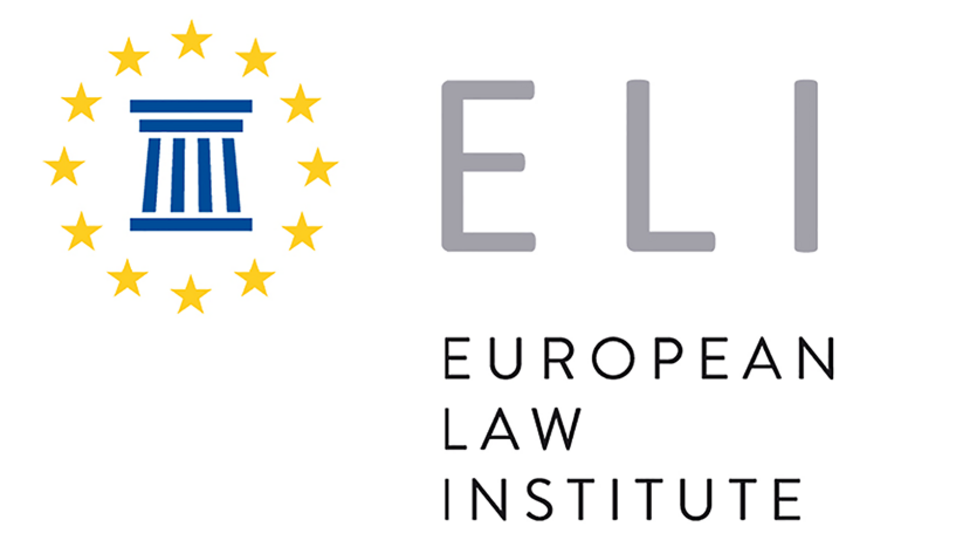The response adopted by the ELI Council, was drafted under the leadership of Bernhard A Koch (ELI Council Member; Professor, Innsbruck), in cooperation with Jean-Sébastien Borghetti (ELI Member; Professor, University Panthon-Assas Paris), Piotr Machnikowski (ELI Council Member; Professor, University of Wrocław; Lawyer, Dentons Europe), Pascal Pichonnaz (ELI President; Professor, University of Fribourg; Arbitrator), Teresa Rodríguez de las Heras Ballell (ELI Executive Committee Member; Sir Roy Goode Scholar at the International Institute for the Unification of Private Law (UNIDROIT); Professor, University Carlos III of Madrid; Arbitrator), Christian Twigg-Flesner (ELI Council Member; Professor, University of Warwick) and Christiane Wendehorst (ELI Scientific Director; Professor, University of Vienna).
The response considers possible further approximation of the law of tort of EU Member States, underlining the need to assess current national laws on civil liability as well as justify any amendments in favour of either claimants or defendants in possible tort actions when doing so. It stresses that issues connected to product safety, interoperability of devices and artificial intelligence (AI)-specific risks should also be considered, among other things.
The central issue covered in the response is the need to reform the Product Liability Directive (PLD), which remains largely unchanged since its adoption in 1985. A modernisation of the PLD is therefore much needed in light of technological and other developments.
The response further considers possible legislative intervention on liability for AI, as some applications of AI technology will fall outside the scope of the PLD and certain losses will not be indemnified under it.
The full response is available here.

